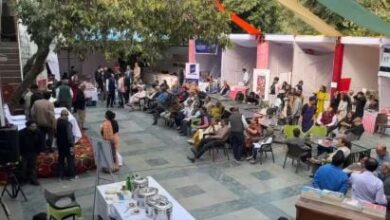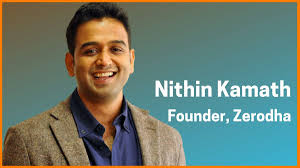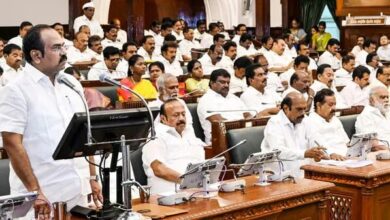
New Delhi: A growing number of Indian parents are embracing homeschooling as an alternative to conventional education. With concerns over rigid curriculums, high-pressure exams, and safety issues, families across the country are choosing to educate their children at home rather than enrolling them in traditional schools.
While homeschooling remains a niche practice in India, its popularity has surged in recent years due to technological advancements, dissatisfaction with the education system, and the need for personalized learning.
What Is Homeschooling?
Homeschooling is a parent-led educational approach where children learn outside the structured environment of schools. Instead of following state board or CBSE curriculums, parents design customized learning programs that align with their child’s interests, abilities, and pace.
Why Are Indian Parents Choosing Homeschooling?
Several factors contribute to the rise of homeschooling in India:
🔹 Personalized Learning: One-size-fits-all schooling doesn’t work for all children. Homeschooling allows tailor-made curriculums based on individual strengths and weaknesses.
🔹 Academic Pressure & Mental Health: India’s competitive education system often leads to stress and anxiety. Parents believe self-paced learning fosters a healthier academic environment.
🔹 Dissatisfaction with Conventional Schools: Many parents question the quality of education, large classroom sizes, and the emphasis on rote memorization rather than conceptual understanding.
🔹 Safety & Bullying Concerns: Post-pandemic, many parents worry about school safety, bullying, and peer pressure, pushing them toward home-based education.
🔹 Flexibility & Holistic Development: Homeschooling supports extracurricular activities, travel-based learning, and creative thinking, unlike the rigid timetables of traditional schools.
🔹 Religious & Cultural Reasons: Some families prefer to incorporate specific cultural, ethical, or spiritual teachings into their child’s education.
How Do Homeschooling Parents Educate Their Children?
With India’s evolving digital landscape, parents now have multiple resources to support homeschooling, including:
📚 NCERT & Open Schooling Syllabi: Some families follow NCERT books or NIOS (National Institute of Open Schooling) for structure.
💻 Online Courses & EdTech Platforms: Apps like BYJU’S, Khan Academy, Coursera, and Unacademy offer high-quality educational content.
👩🏫 Private Tutors & Subject Experts: Parents hire educators for specific subjects to ensure expert guidance.
🎭 Experiential Learning: Many families focus on real-world education, museum visits, science projects, and travel-based learning.
Challenges of Homeschooling in India
Despite its advantages, homeschooling comes with its own set of challenges:
⚠️ Legal Uncertainty: India does not have clear laws regulating homeschooling, making it difficult for homeschooled students to transition into mainstream education.
⚠️ Lack of Socialization: Critics argue that homeschooled children may miss out on important social skills, teamwork, and peer interaction.
⚠️ Parental Commitment & Resources: Not all parents have the time, skills, or financial stability to homeschool effectively.
⚠️ College Admissions Challenges: Many universities prefer students from formal schooling backgrounds, creating hurdles for homeschooled students.
What Do Experts Say?
👨🏫 Education Expert Dr. Ramesh Sharma:
“Homeschooling is a great alternative for students who thrive in self-paced environments. However, the government must introduce guidelines to make it a mainstream option.”
👩🏫 Child Psychologist Neha Ahuja:
“Socialization is key for child development. Parents must ensure their kids interact with peers through clubs, sports, and community activities.”
Are There Any Homeschooling Success Stories in India?
Yes! Many Indian students have excelled academically and professionally despite being homeschooled.
🏆 Malvika Joshi (Homeschooled, MIT Admission): She was accepted into MIT without a formal school degree based on her Olympiad achievements.
🏆 Pranav Mistry (Inventor, Former Head of Samsung Research): The tech innovator was homeschooled in his early years, which encouraged out-of-the-box thinking.
Is Homeschooling the Future of Education in India?
While traditional schools will remain dominant, the rise of homeschooling, online learning, and hybrid models suggests that alternative education methods are here to stay. If India introduces legal frameworks for homeschooling, it could become a mainstream choice for many families.
Conclusion: The Changing Face of Education in India
The homeschooling movement in India is gaining momentum, driven by parental dissatisfaction, personalized learning needs, and the digital revolution. While challenges remain, growing awareness and educational resources are making homeschooling a realistic and effective option for Indian families.
As education evolves, India may soon see a balanced mix of traditional, homeschooling, and hybrid learning models catering to different learning styles and needs.









